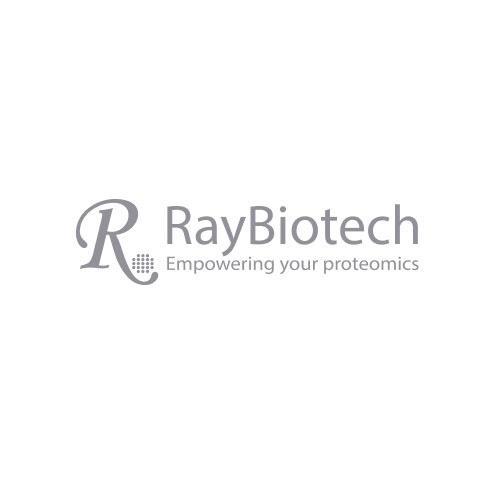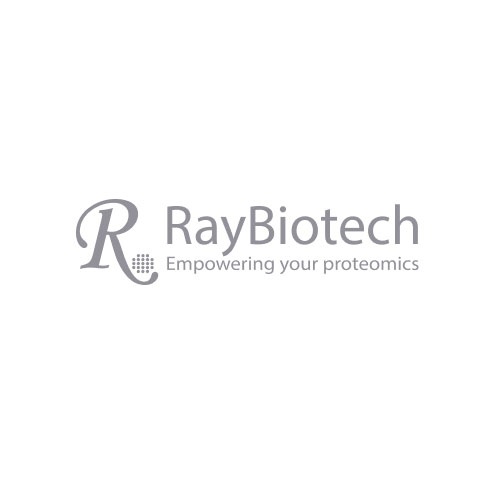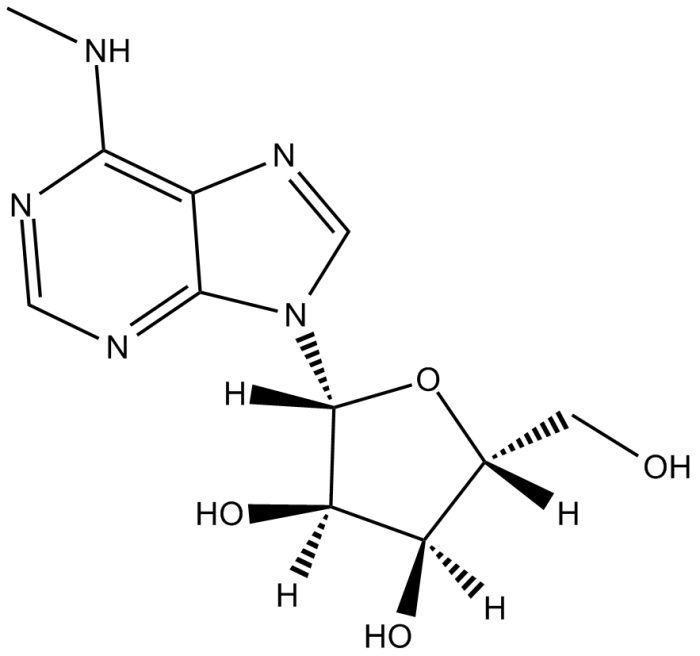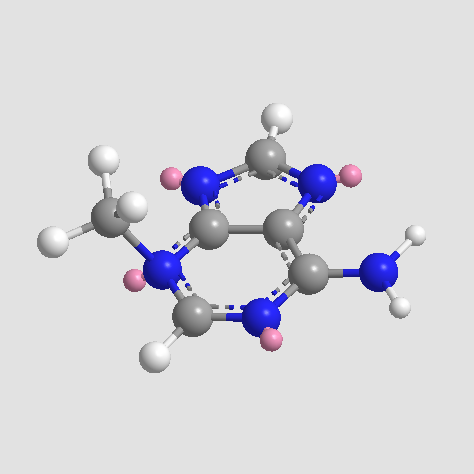m1A (N1-methyladenosine) ELISA Kit
Product Description
Specifications
| Size | 1 Plate Kit, 2 Plate Kit, 5 Plate Kit |
|---|---|
| Species | Human, Mouse, Rat |
| Quantitative/Semi-Quantitative | Quantitative |
| Compatible Sample Types | Plasma, Serum, Urine |
| Solid Support | 96-well Microplate |
| Method Of Detection | Colorimetric |
| Design Principle | Competition-based |
| Research Area | Cancer, Alzheimer's Disease, Methylation, Epigenetics |
| Sensitivity | 2.544 ng/ml |
| Estimated Lead Time | 1-2 business days |
| Shipping Type | Blue ice |
| Storage | 2-8°C |
Risk-Free Guarantee
We offer a 100% guarantee on all ELISA kits and membrane cytokine arrays.
Learn More
Amazon Gift Cards!
$5 Amazon gift card in every kit box purchased.
| Component | Size / Description |
|---|---|
| Microplate | A 96-well (12 strips x 8 wells) plate |
| Wash Buffer (20X) | 25 mL |
| Standard m1A | 2 vials |
| Anti-m1A Antibody | 10 µL |
| Assay Diluent B | 15 mL |
| Positive Control | 2 vials |
| HRP-conjugated secondary antibody | 5 µL |
| TMB One-Step Substrate Reagent | 12 mL |
| Stop Solution | 12 mL |
Additional Materials Required
- Microplate reader capable of measuring absorbance at 450 nm
- Precision pipettes to deliver 2 μL to 1 mL volumes
- Adjustable 1-25 mL pipettes for reagent preparation
- 100 mL and 1-liter graduated cylinders
- Absorbent paper
- Distilled or deionized water
- SigmaPlot software (or other software which can perform four-parameter logistic regression models)
- Tubes to prepare standard or sample dilutions
- Orbital shaker
- Aluminum foil
- Plastic wrap
Assay Procedure Summary
- Prepare all reagents, samples and standards as instructed.
- Add 50 μL standards or samples to appropriate well. Incubate for 10 minutes at room temperature.
- Add 50 μL anti-m1A to appropriate well. Incubate 1 hour at room temperature. And wash 5 times.
- Add 100 μL prepared HRP-Secondary antibody solution. Incubate 1 hour at room temperature. And wash 5 times.
- Add 100 μL TMB One-Step Substrate Reagent to each well. Incubate 2-10 minutes at room temperature.
- Add 100 μL Stop Solution to each well. Read at 450 nm immediately.
Storage/Stability
The entire kit may be stored at -20°C to -80°C for up to 6 months from the date of shipment. For extended storage, it is recommended to store it at -80°C. Avoid repeated freeze-thaw cycles. For prepared reagent storage, see table below.



